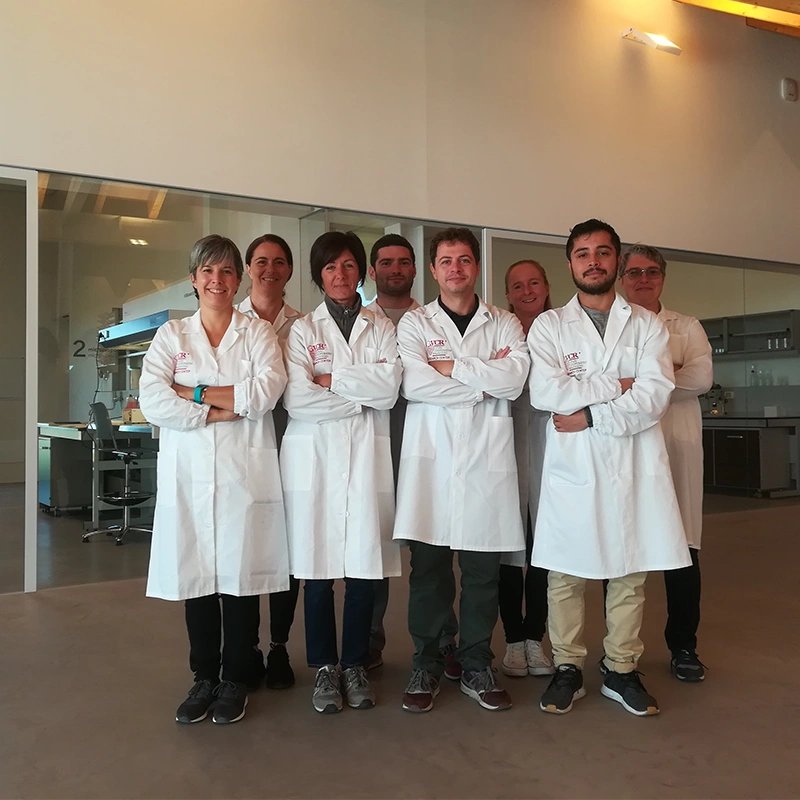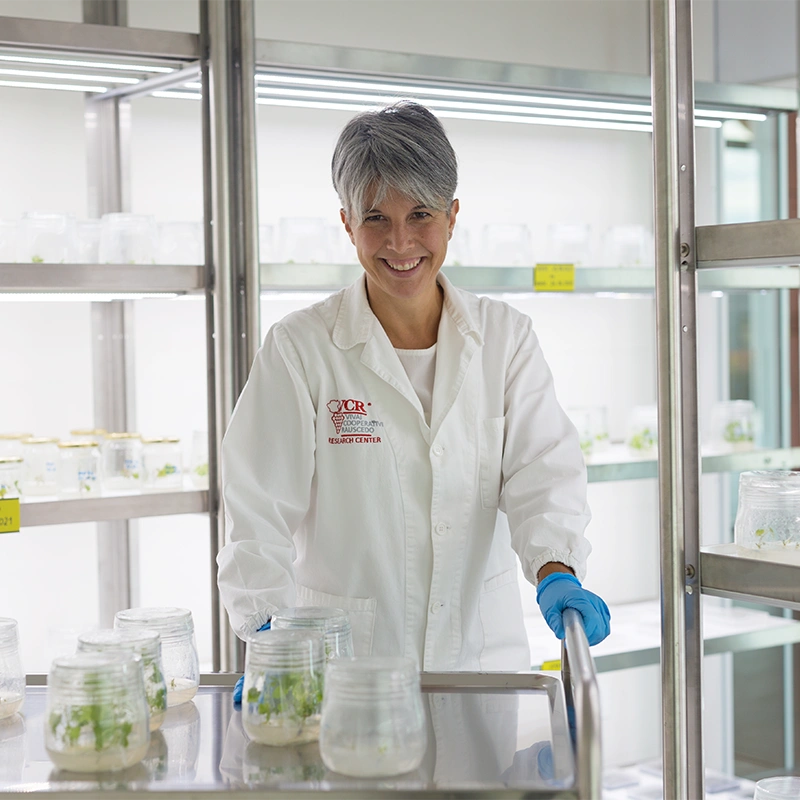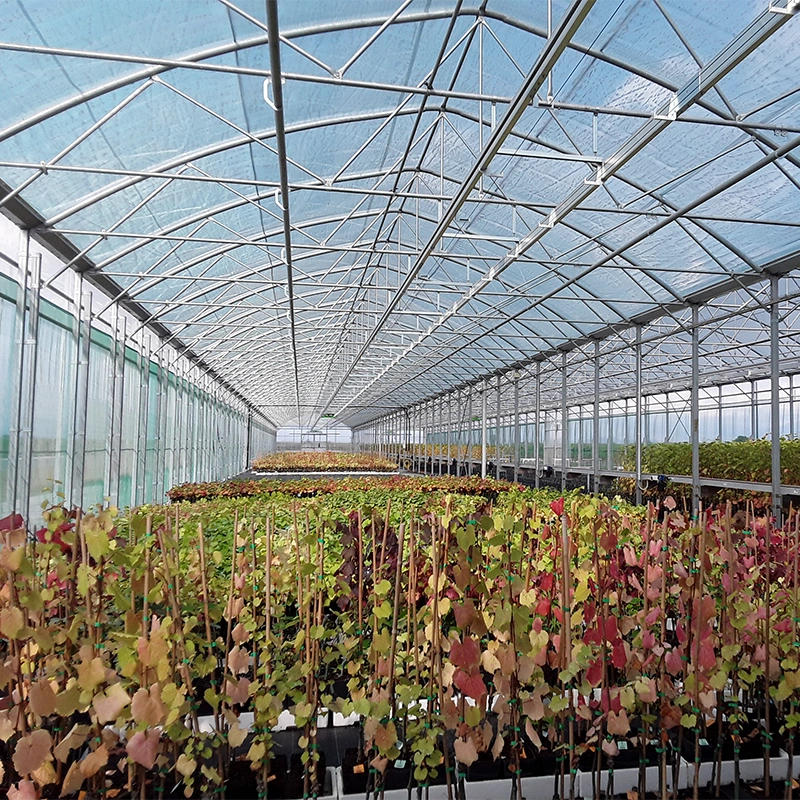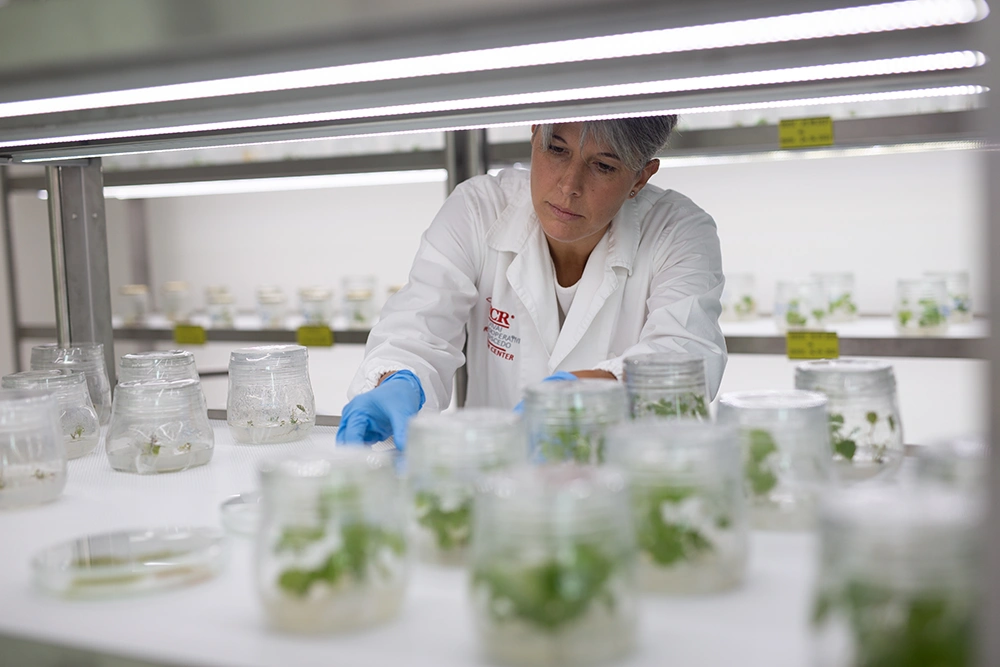I chose to interview Dr. De Luca for two reasons basically, first because when we drink a glass of good wine we think about who produced it and never about those who work to provide the best vines to winemakers and second because she is a woman.
Childhood and passions.
“My dream was to be a geologist, I was fascinated by the world of paleontology, rocks, minerals, nature. Think, she tells me, “when I was little I had a collection of “stones” and I did separate waste collection; in elementary school I had a teacher who taught us ecology lessons”. She continues ,“I am from Sarmede, the land of fairy tales. My grandfather had a vineyard; the funny thing for us children was that among the rows of Prosecco there were some table grape plants, it was probably Cardinal, which my cousins and I went looking for to eat”. The vineyard was inherited by Elisa who then sold the planting rights to finish paying for her studies. “The world of wine at that time interested me relatively; I liked doing some tasting, but I didn’t have any knowledge of oenology, much less viticulture, despite having spent my childhood among the vineyards” she tells me when she sees me open my eyes wide in amazement.


Between study and work experiences.
Elisa, after scientific high school, enrolled in the faculty of Agricultural Sciences and Technologies, here the spark for botany was sparked, she didn’t know what to do exactly but she was sure of her interest in experimentation and knowledge of the secrets of plants. She then begins to become passionate about biological and integrated warfare. Between one exam and another she does a thousand odd jobs to pay for her studies. A few exams after the thesis she collaborated with the CREA of Conegliano, the Experimental Institute of Viticulture (ISV), where she applied for a job. In 2004 she graduated with 110 cum laude, carrying out the thesis on the “molecular characterization of strains of Aspergillus spp. producers and non-producers of Ochratoxia A (OTA).
“Shortly before graduating”, she tells me, “I was contacted by Dr. Sartori, Director of Vivai Cooperativi Rauscedo, with whom I had three interviews, and the question that surprised me the most was “Are you a teetotaler?””.
Thus she began her professional career, with a fixed-term contract, during which she carried out phytopathological diagnostic tasks for the control of vine viruses, a bit monotonous. She moves on to clonal selection and participates in the vine genome project promoted by the University of Udine and the Institute of Applied Genomics (IGA), collaborating on the agronomic and oenological characterization of new varieties resistant to the main fungal diseases. In 2015, with the support of the breeder Asia Khafizova, she took part in the far-sighted genetic improvement program launched by the VCR, contributing to the ampelographic, phytosanitary and agronomic classification of new plant constitutions; the aim of the new project is to introduce more sustainable and resilient varieties of wine grapes, table grapes and rootstocks into the national and international viticultural panorama, suitable for modern viticulture and capable of adapting to a rapidly evolving ecological, social and economic scenario.
She currently coordinate a team of 11 collaborators with whom she carry out research and studies for genetic improvement, control of vine diseases and much more. Her staff also includes a graduate student engaged in the study of vine restoration, and a thesis student of the International Master of Viticulture who arrived from California to discover the roots of the viticulture of the future.
She also mention many projects to be developed in the near future, but we’ll talk about that in another article.
Elisa, you have in front of you not a road but a real map full of crossroads and directions to new destinations yet to be explored and discovered, so happy travels to you and your team.



